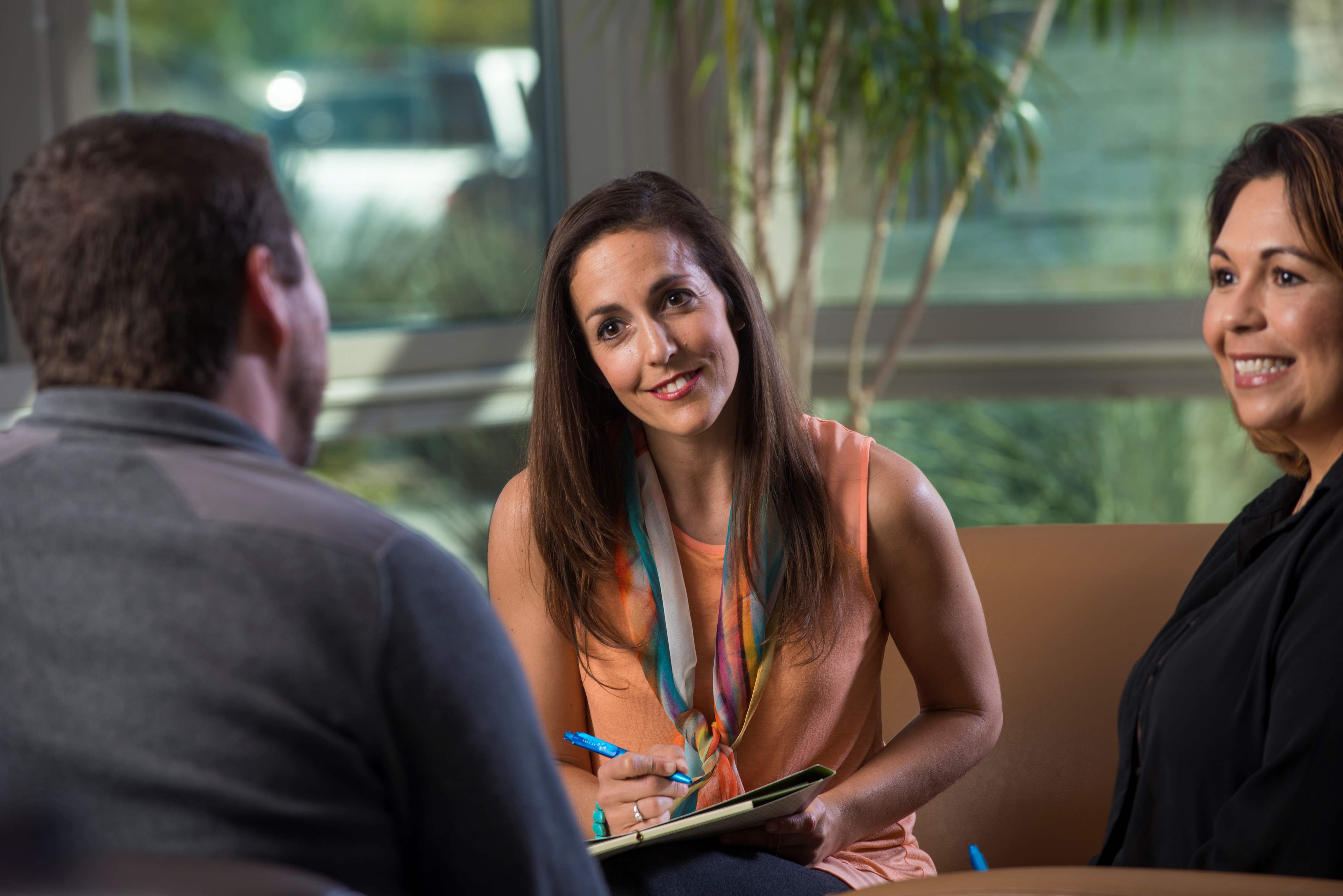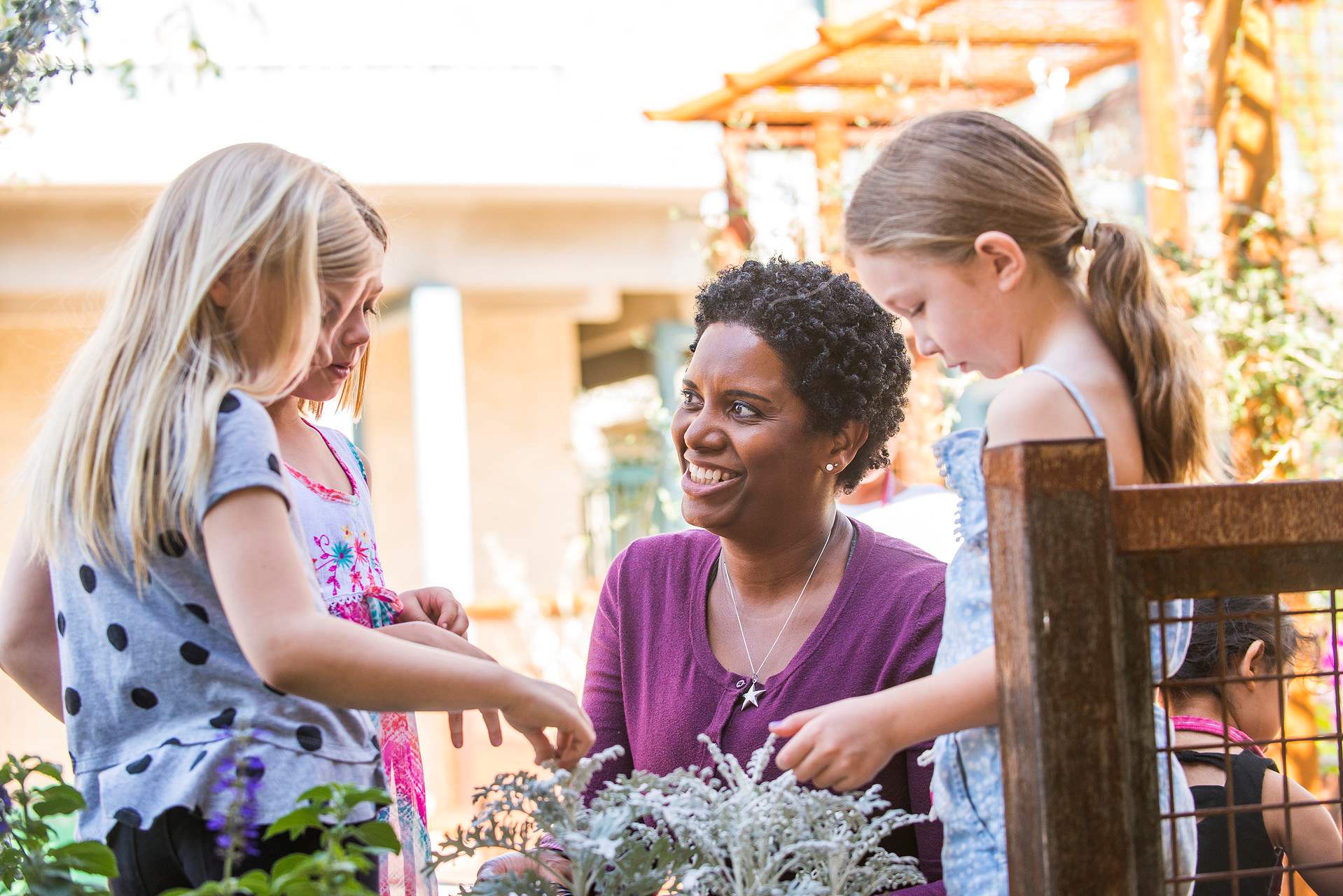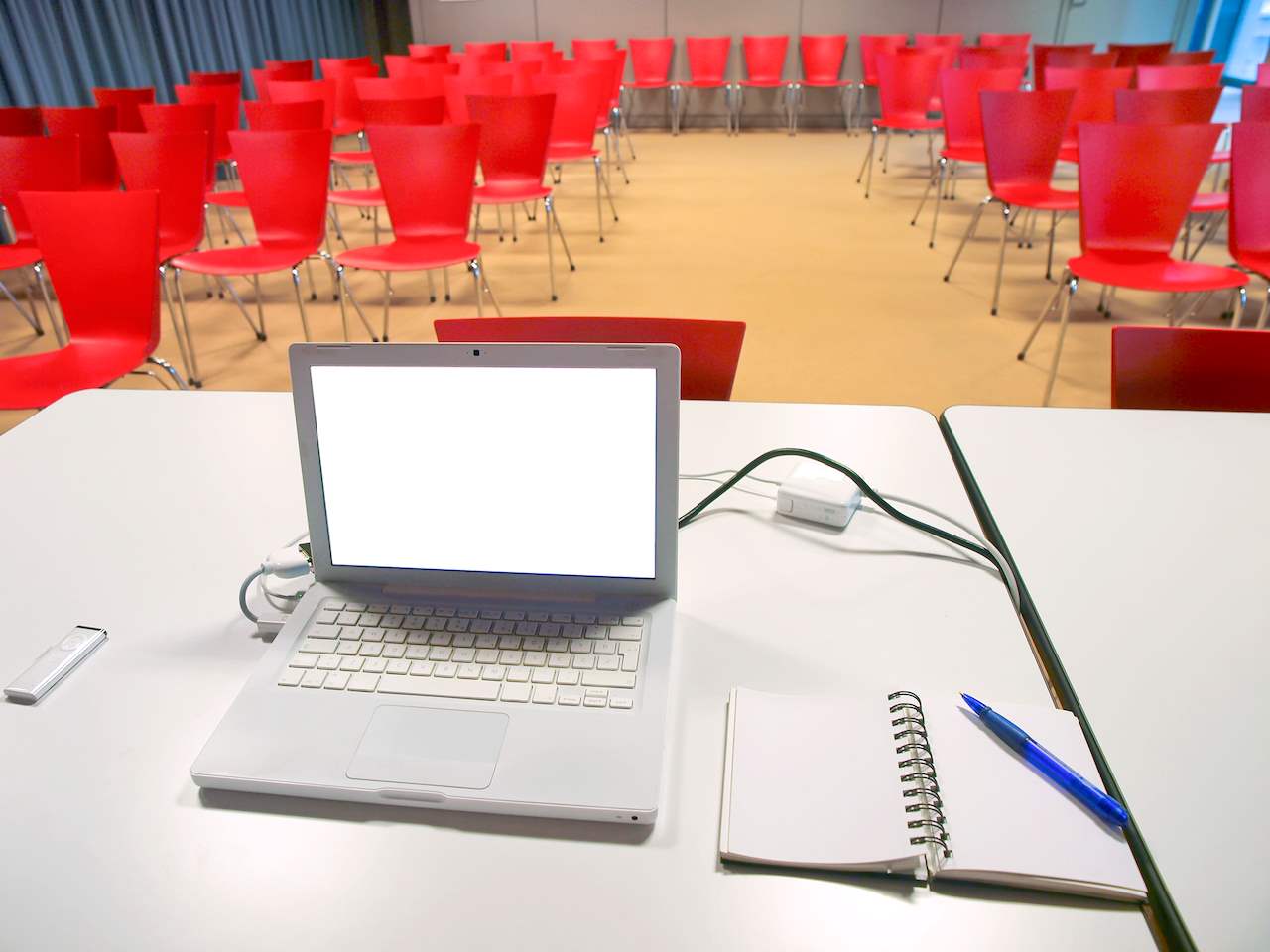InClass
So much has changed this year, including how we teach and mentor. We spoke to new teacher mentor Ginny Sautner about what has changed but also the important pieces of mentoring that will always remain the same.
Oct 27, 2020
The pandemic has upended so much of our lives this year, including how we teach and how we mentor. Like teaching, though, at its heart, mentoring is still very much the same.
We spoke with Ginny Sautner, NBCT and Arizona Master Teacher Mentor in Lake Havasu Unified School District, about how the COVID-19 pandemic has affected mentoring new teachers.
“Solid mentoring is being able to identify what are the needs of teachers and then you meet the needs, recognizing that they will always be changing,” explains Sautner. “So, then your approach has to always be changing.” While mentoring has changed how it might look, it is the same work.
What Has Stayed the Same
The Importance of Relationships
“Relationships first, and that does not change,” says Sautner. “It doesn't matter what the format is: distance learning, hybrid learning, face-to-face.”
Teacher-mentor relationships remain the foundation for any other work that comes through mentoring. “And it’s the same as teachers with their students,” Sautner notes. “That’s where you’re developing an optimal environment to learn in, whether it’s the teacher learning how to teach or the student learning their content, the relationship piece has to come first. We have to trust each other.”
The Need for Equity
Most educators were already aware of the achievement gaps resulting from inequity in our systems, but the pandemic has exacerbated these imbalances. Teachers are seeing the disparity growing between students who have easy access to technology and those who don’t, those with someone at home to help assist with their schoolwork and those without.
“This situation just brings to light how important education is in leveling achievement gaps,” Sautner says. “It’s a sub-layer we are thinking about as we plan everything we do.”
That means teachers are feeling even more pressure to catch kids up, “but we can’t put that pressure and stress on students or on the teachers themselves,” she continues. Sautner encourages teachers to look at their pacing and to understand that lessons will simply take more time right now. It’s important to do what teachers can to keep the pressure of catching up from students and to help students enjoy the learning process.
What Has Changed
Who Mentors Are Supporting
Experienced teachers have said again and again that switching to distance learning made them feel like first-year teachers again. Sautner noted how every teacher, whether new or more experienced, is having multiple first days this year: the first day of school online, the first day of school teaching in a hybrid model, the first day of teaching in a classroom with students masked and socially distanced. Each of those requires setting new routines and procedures and finding new engagement strategies.
Sautner has tried to always be available to support any teacher that reaches out but says she’s been invited to meet with whole teams or departments this school year more than ever before. She’s glad to support however she can.
The Format
Just as teaching switched last March from face-to-face in a classroom to online and then in the fall to a variety of formats, so has mentoring. What hasn’t changed is that mentoring should mirror how teachers are teaching.
Sautner and Christie Olsen, NBCT, another Arizona Master Teacher Mentor in Lake Havasu Unified School District, each mentor new teachers directly, oversee site-based mentors, provide seminars on instructional fundamentals, and facilitate each summer’s new teacher orientation for the district.
They structure orientation and seminars so that they are modeling best practices for teachers to use with their students. That’s taken on a new dimension as they’ve adjusted events to meet Center for Disease Control and Prevention’s COVID-19 guidelines. They’ve been hosting seminars on Zoom but are planning for the next one to be in person with everyone masked and socially distanced as teachers and students will be in their classrooms.
This past summer, the first days of the week-long new teacher orientation for Lake Havasu were actually in person with the final day being held online.
“The highest marks we received on our survey were from that day,” Sautner says. “They said doing it on Zoom gave them the confidence that they could do it on Zoom.”
More Time for Acknowledging Reality
When a teacher meets with a mentor, there should always be some time dedicated to catching up on how the teacher is feeling. Right now, there’s much more focus on teachers’ social and emotional well-being.
“Kids are not really OK right now,” Sautner says, “and I’m not sure that teachers are either, or families or administrators. We’re working in a system that was not meant to do what we’re doing. The system was not built for this. It’s challenging.”
Sautner points out that it is essential for mentors to authentically listen and acknowledge the current reality and offer encouragement while not giving “false positivity” that diminishes just how challenging and exhausting teaching is right now.
“It is difficult. It is hard right now. I understand that. Your emotions are valid because it is.”
Sautner notes that The Distance Learning Playbook by Douglas B. Fisher, John Hattie, and Nancy Frey explains how teachers are experiencing ‘compassion fatigue.’
“In normal times, when you as a teacher invest time and energy into your students, you receive something back from that, ‘compassion satisfaction,’ because you are filled back up,” she says. “In this time, teachers are experiencing ‘compassion fatigue’ because we are giving and planning and investing and communicating with parents and kids, but in a format where the fulfillment is not necessarily coming back to them.”
“I try to just recognize that,” she continues. “And when teachers are sharing their frustration with me, I try to help them find the words to articulate these emotions and also recognize that that’s not really true of teaching. It will come back; they will feel it. It is one of the most inspiring, uplifting professions that exists, and it will be that again.”






